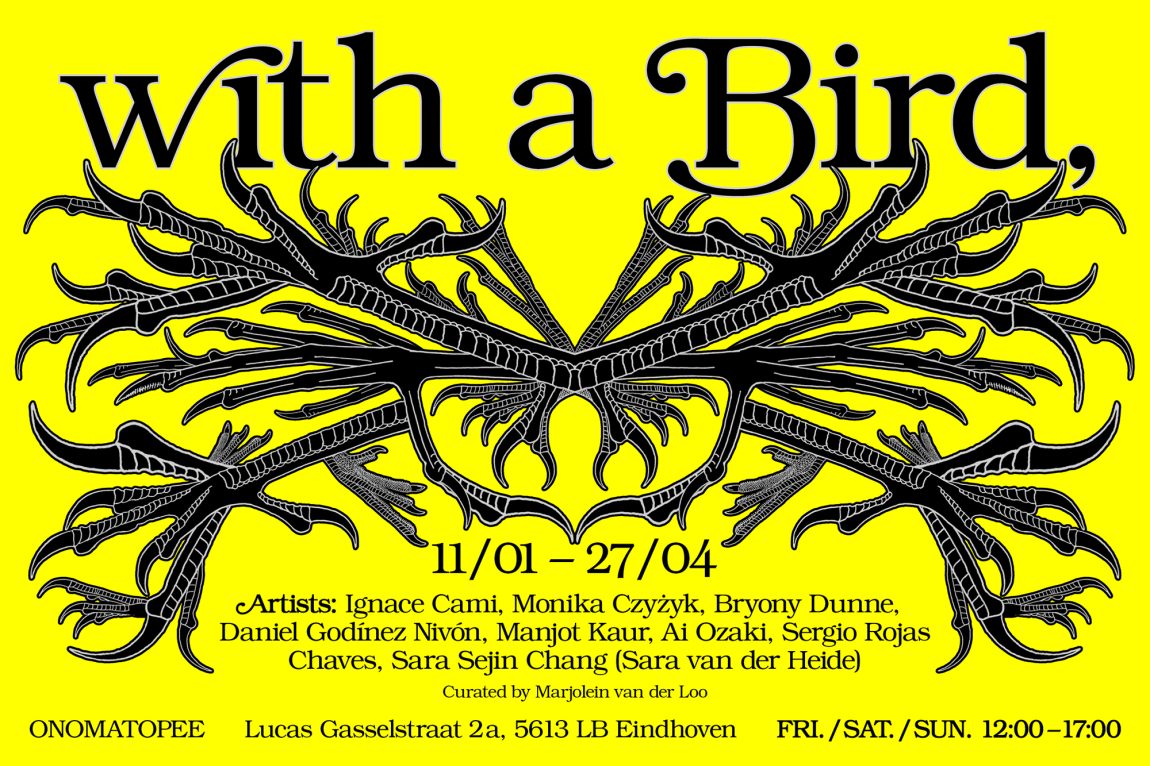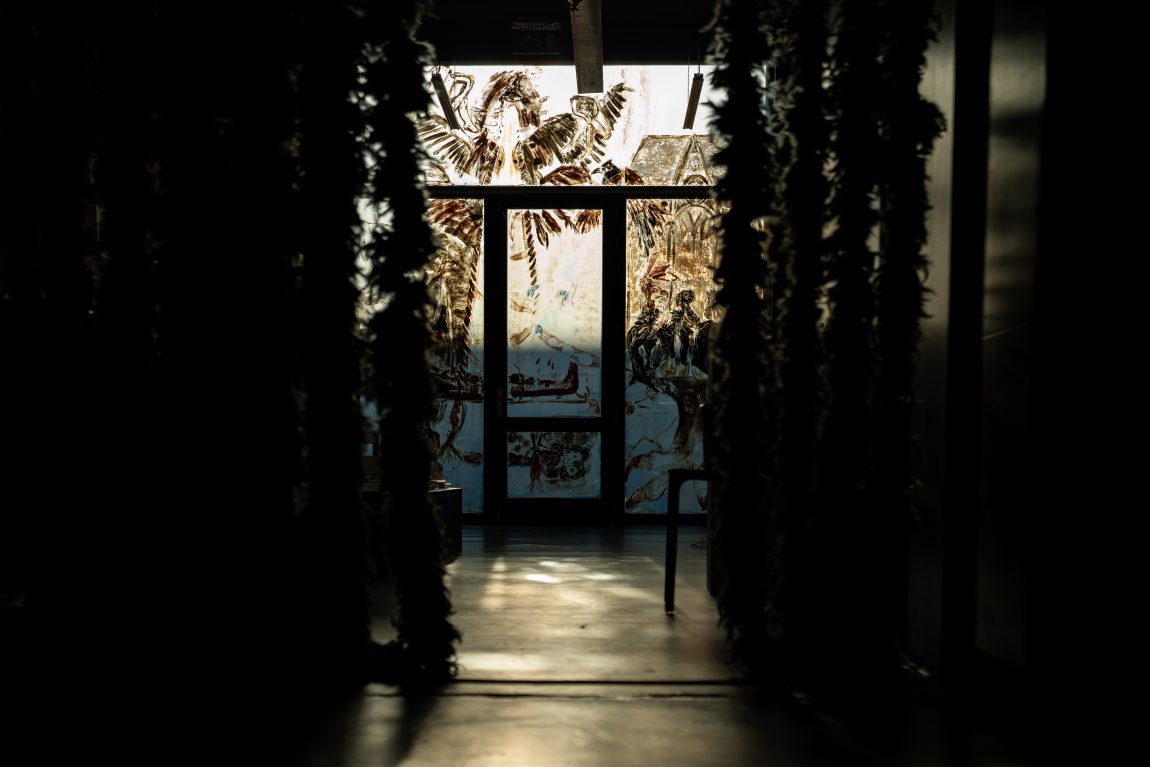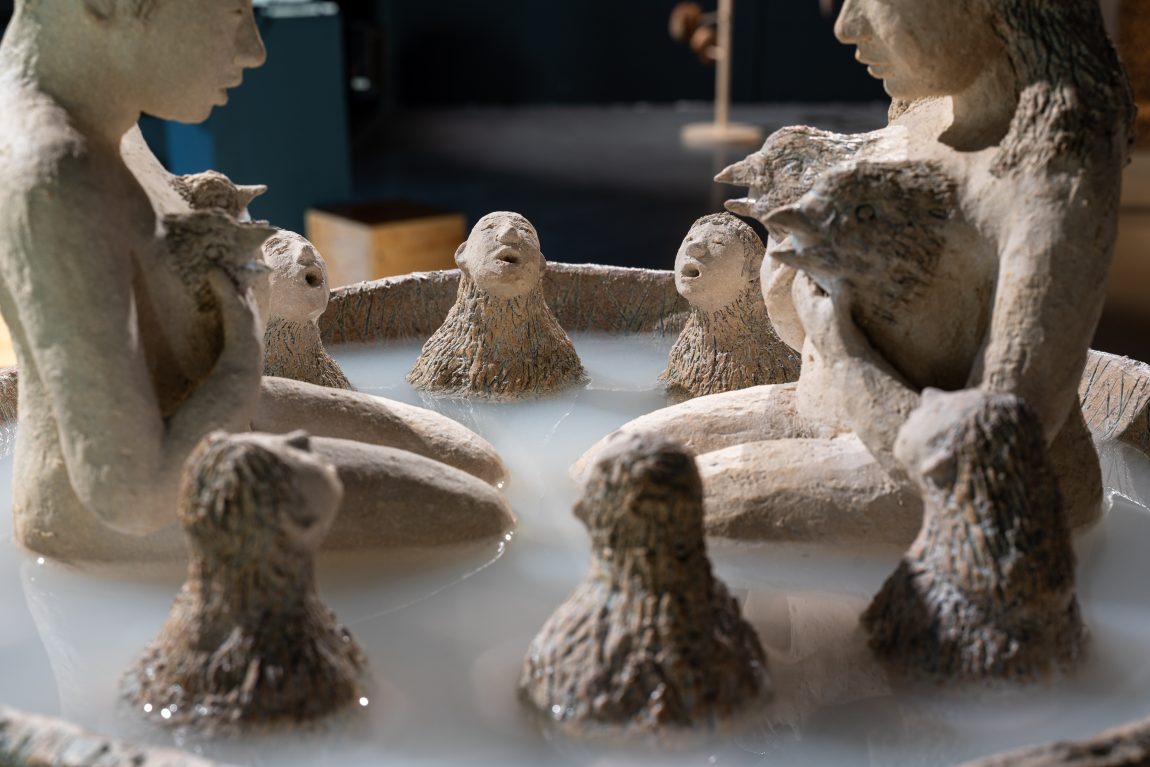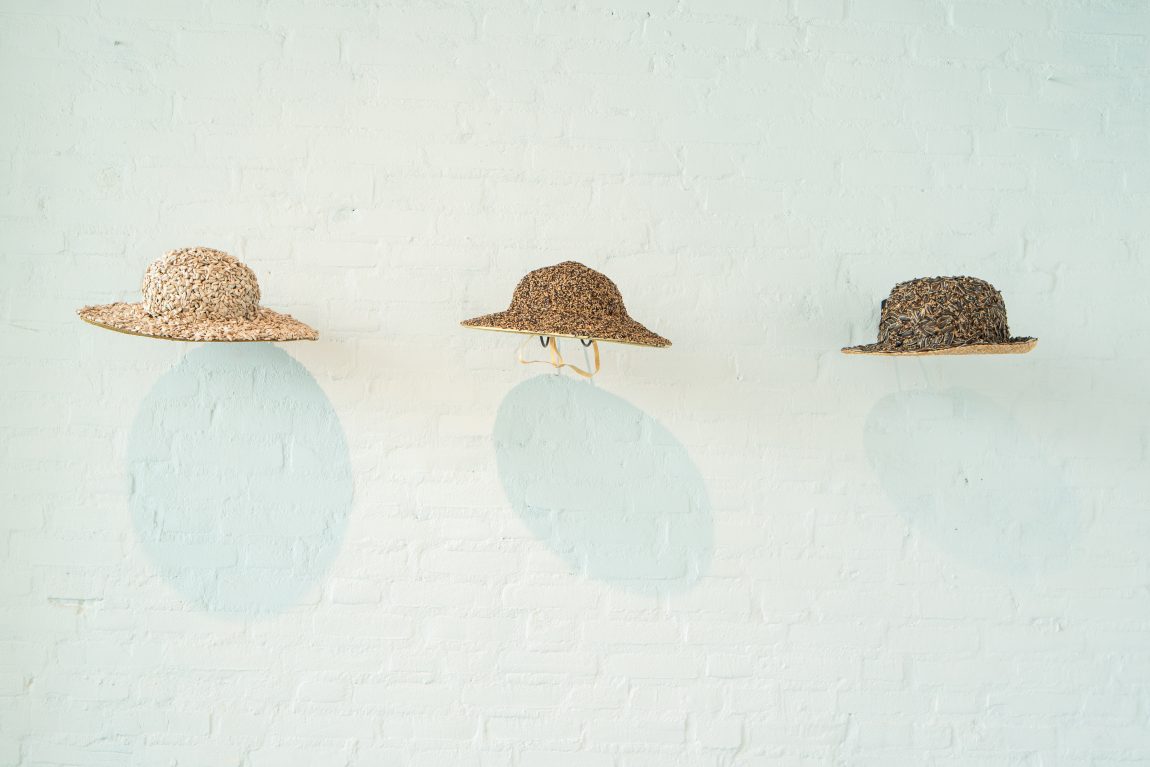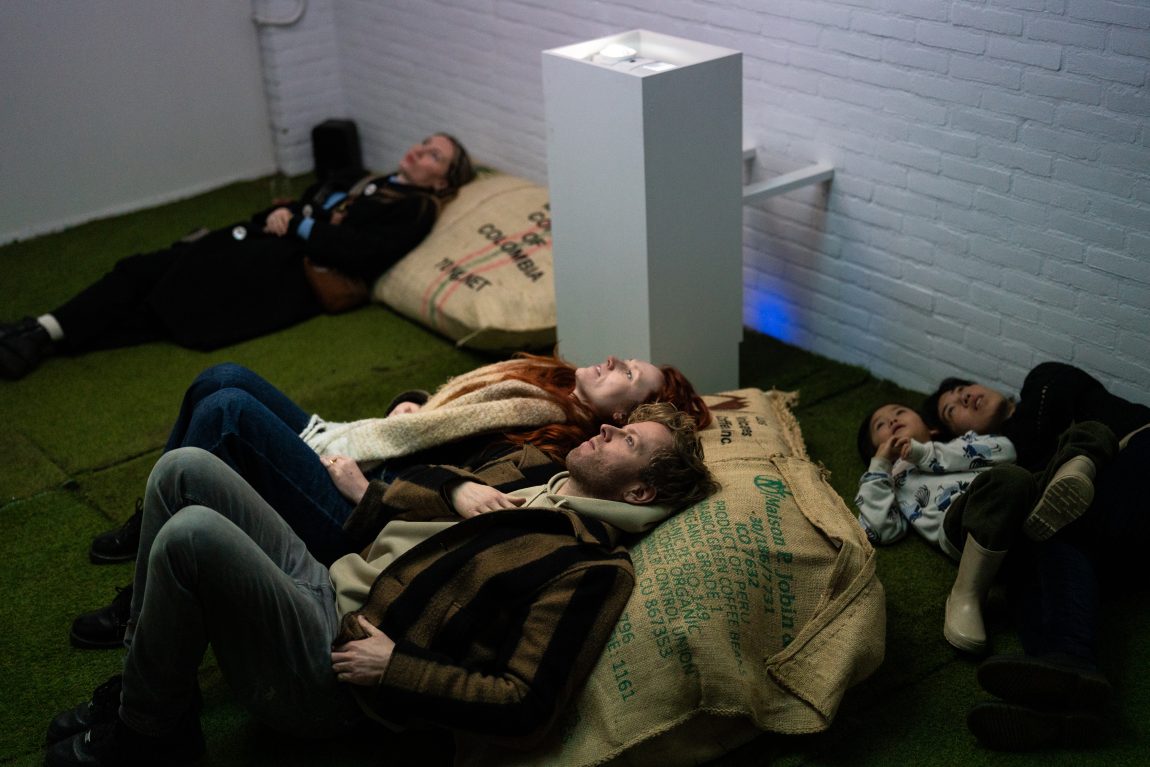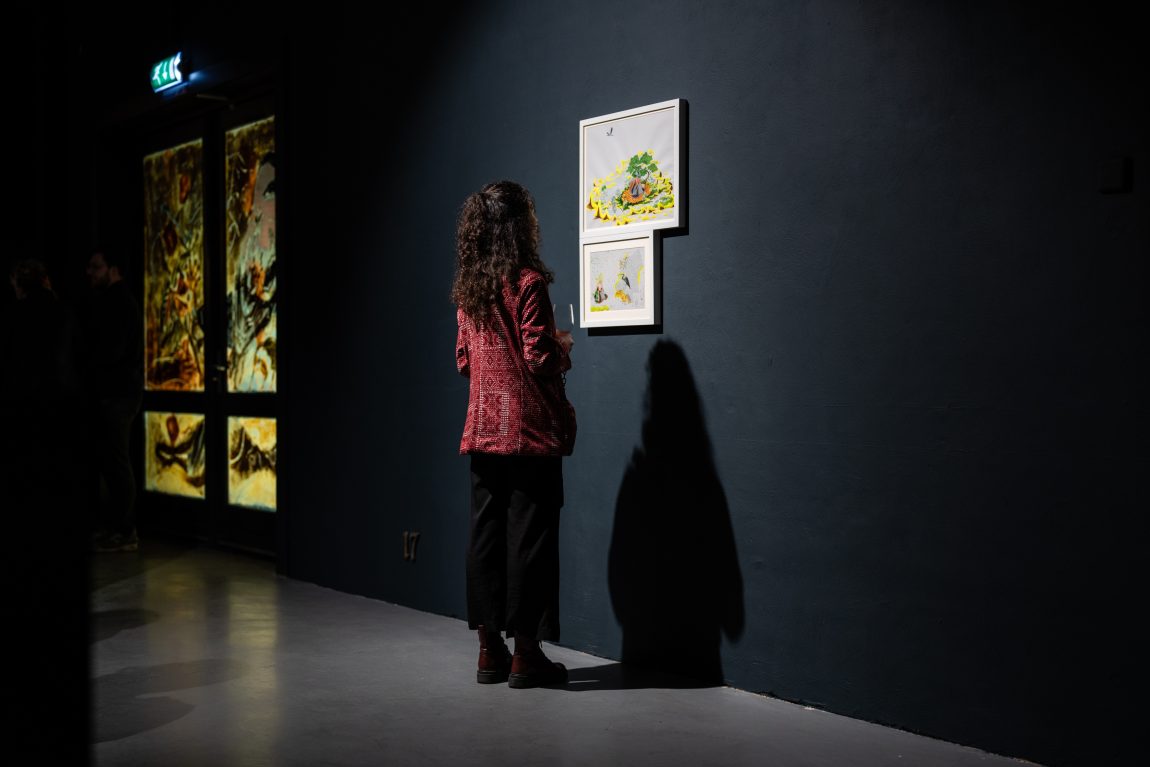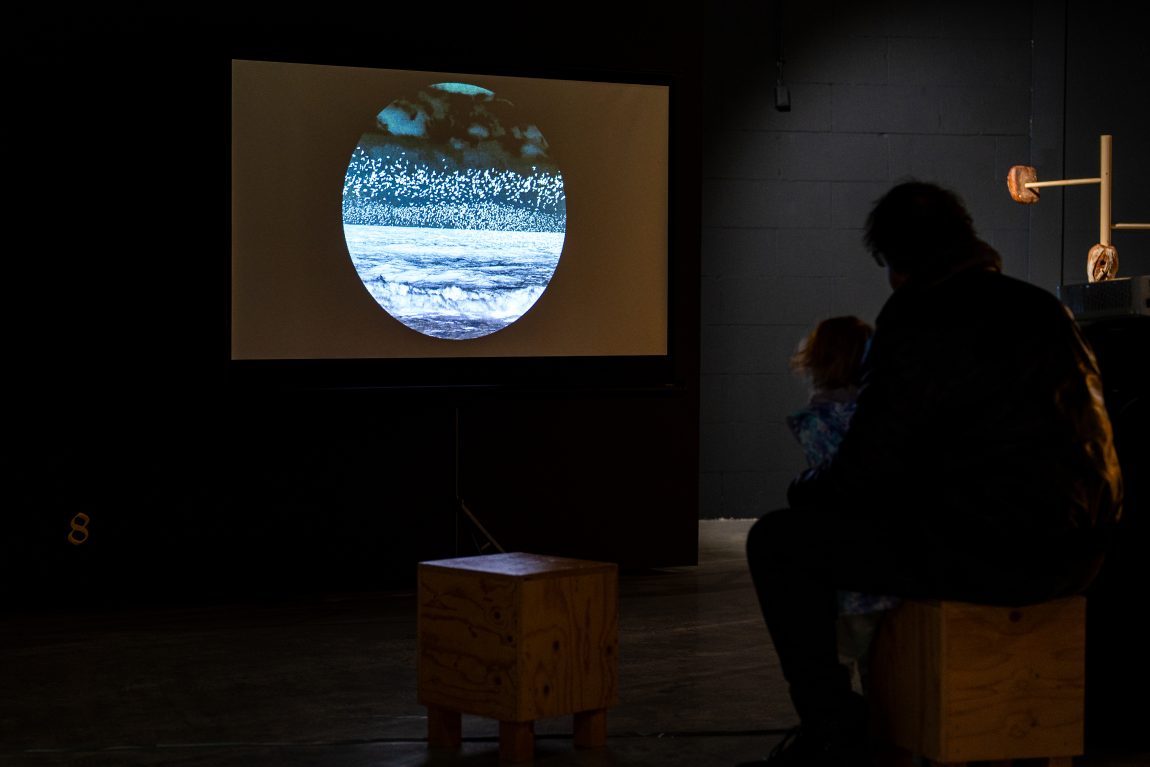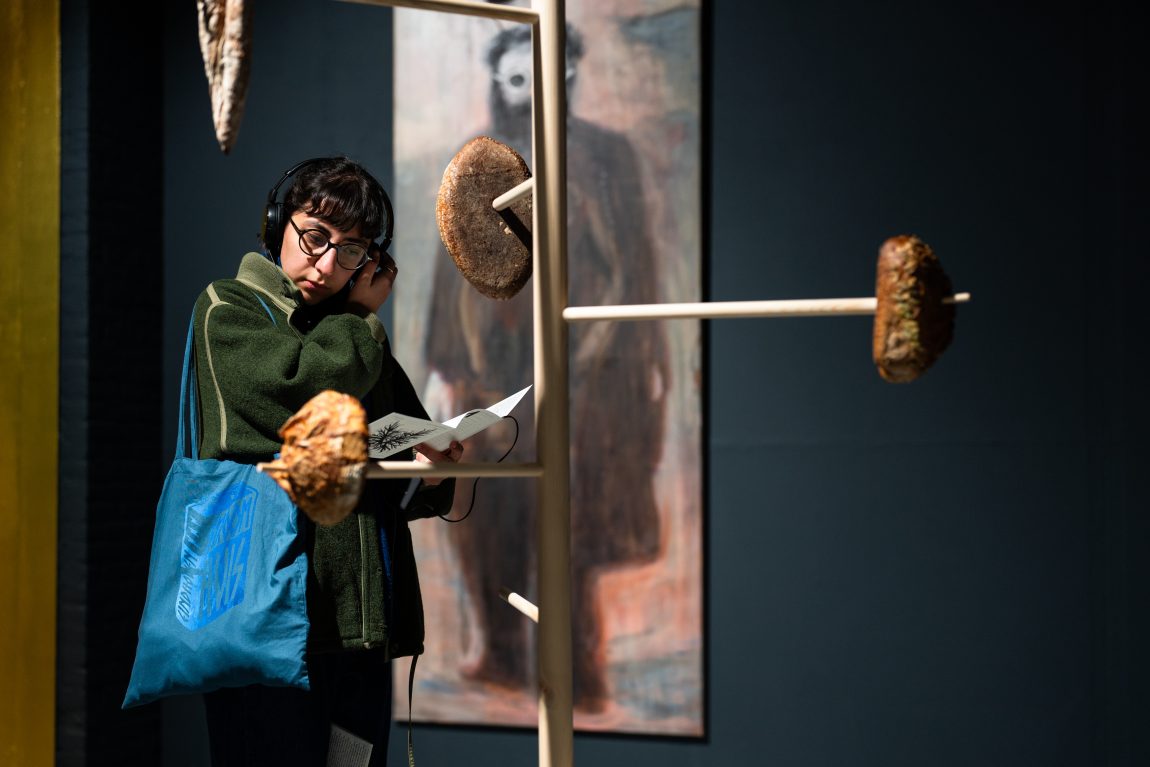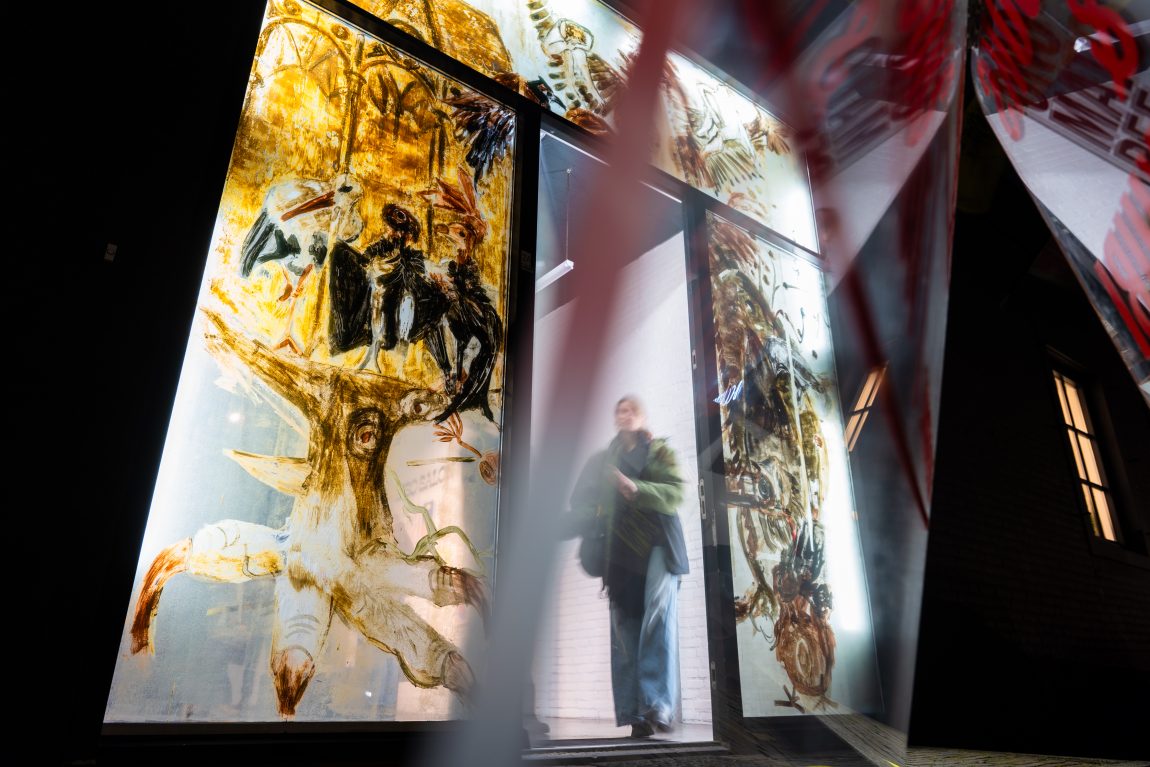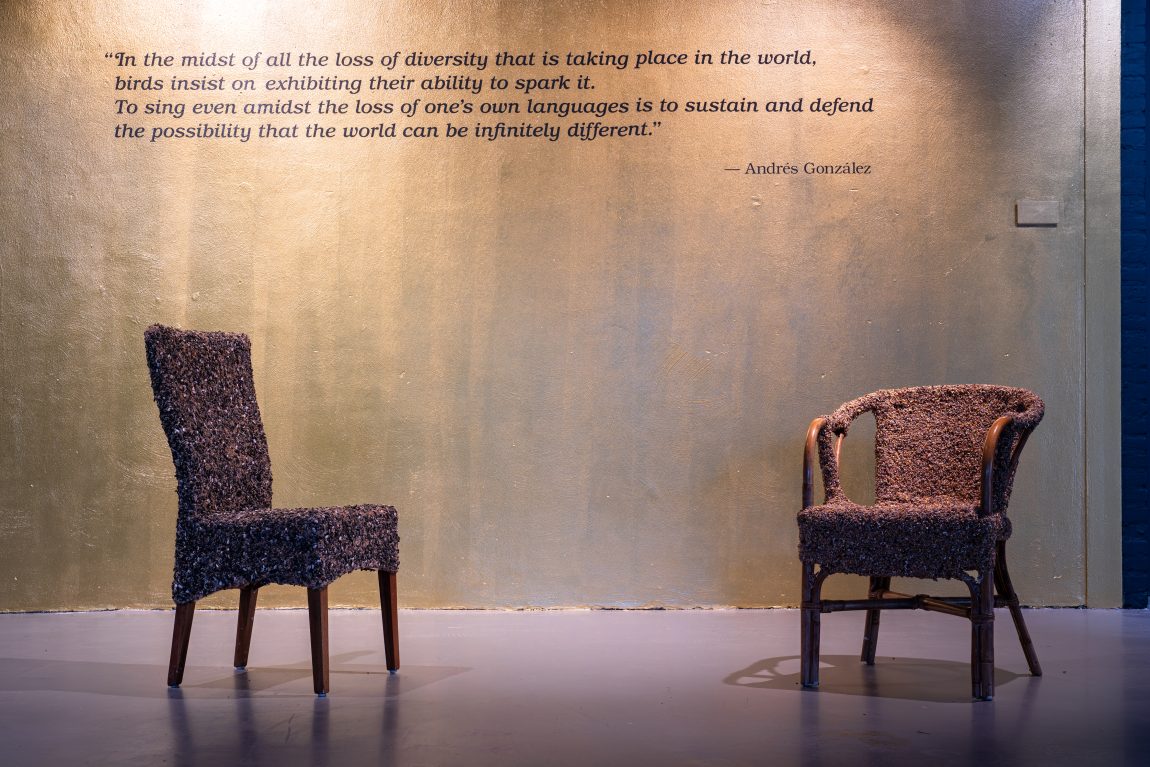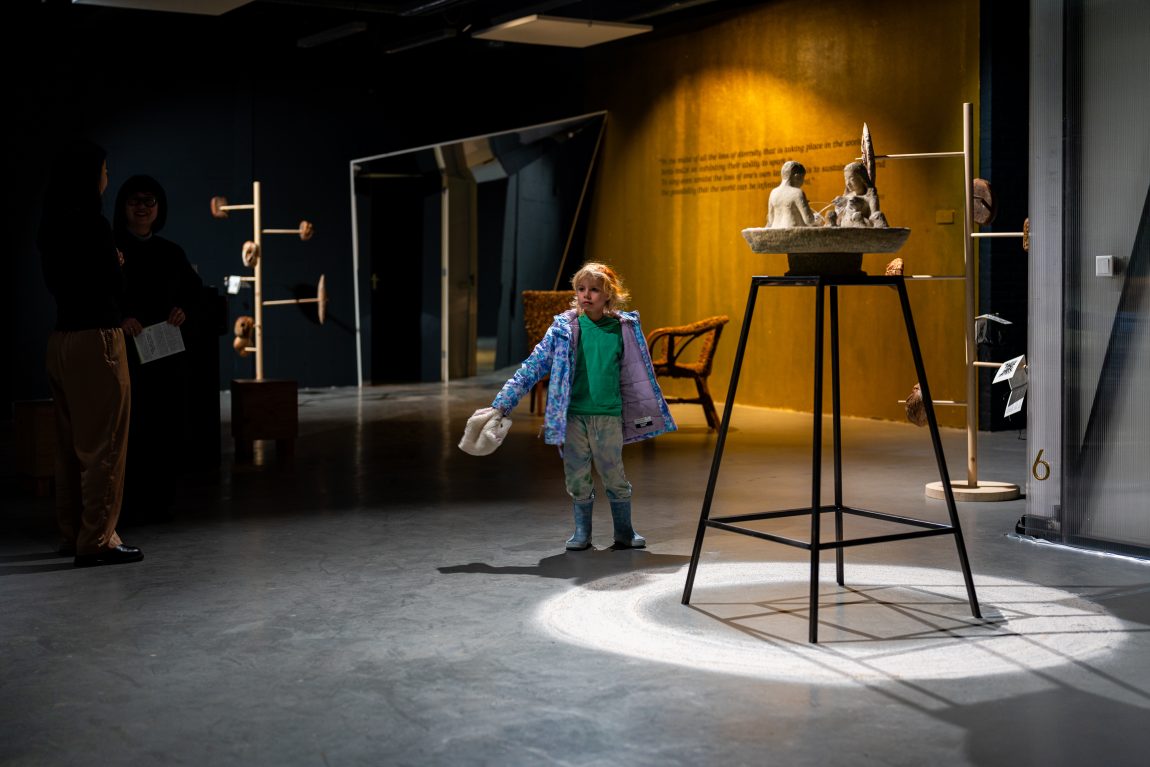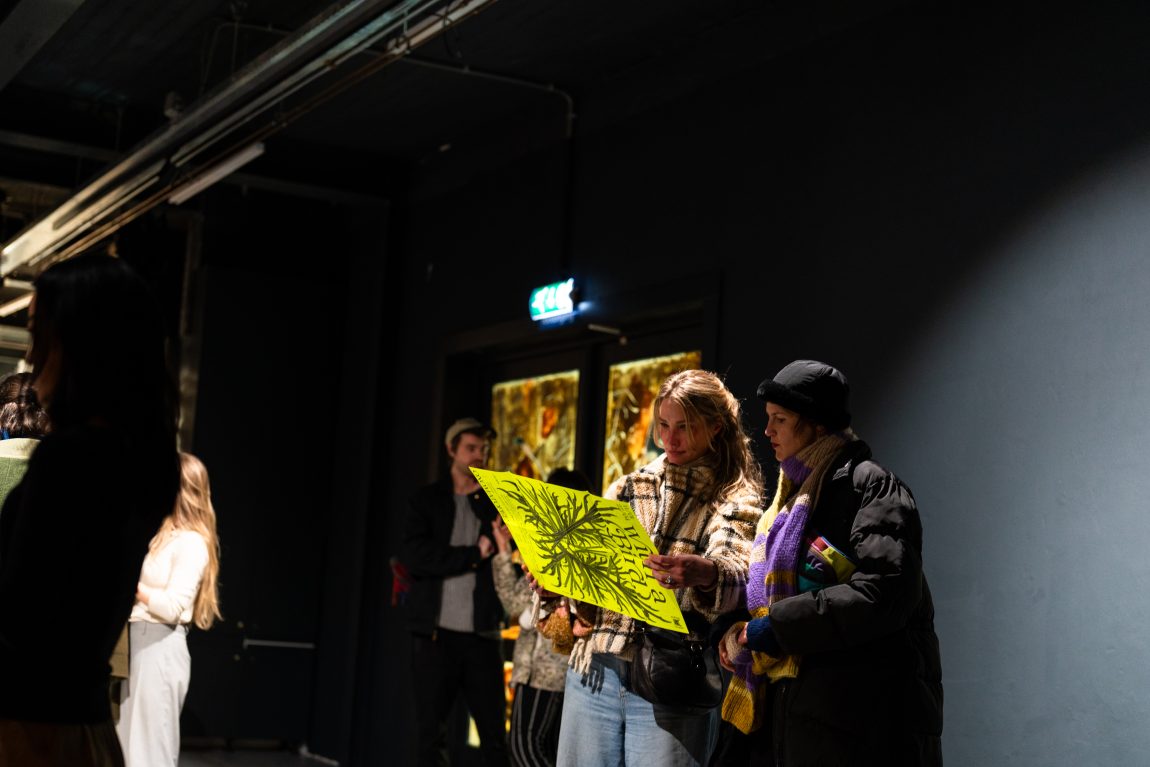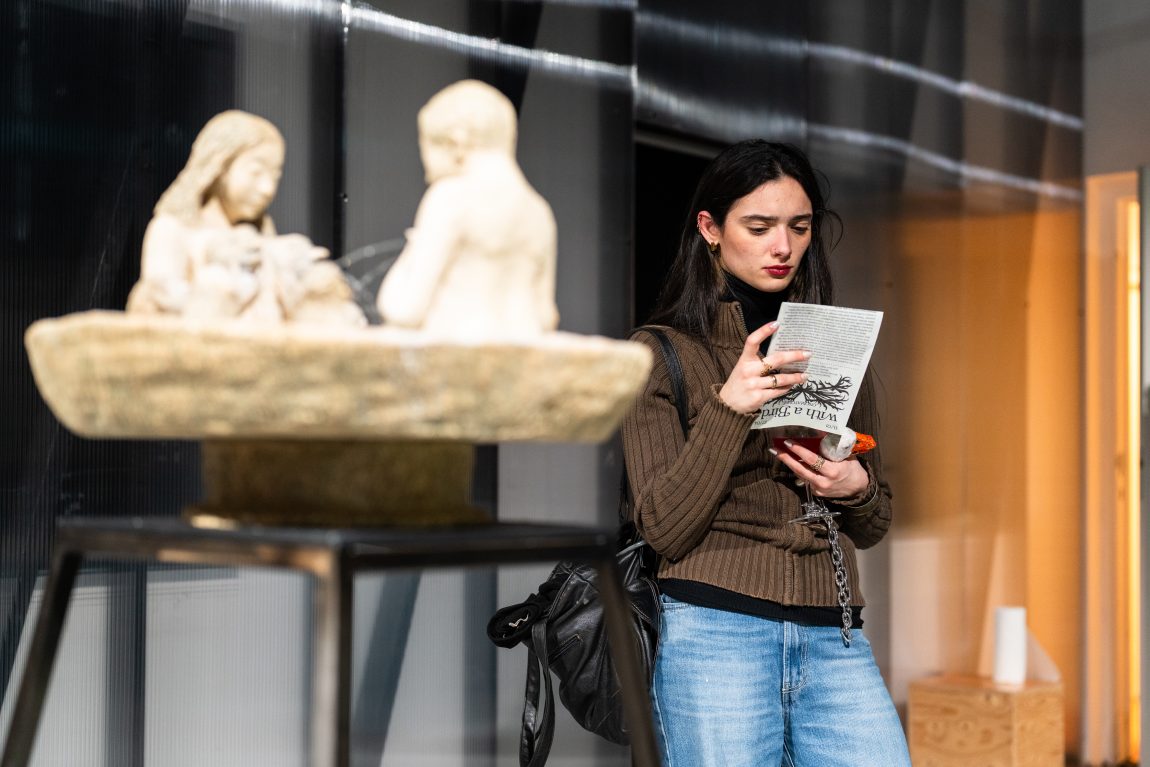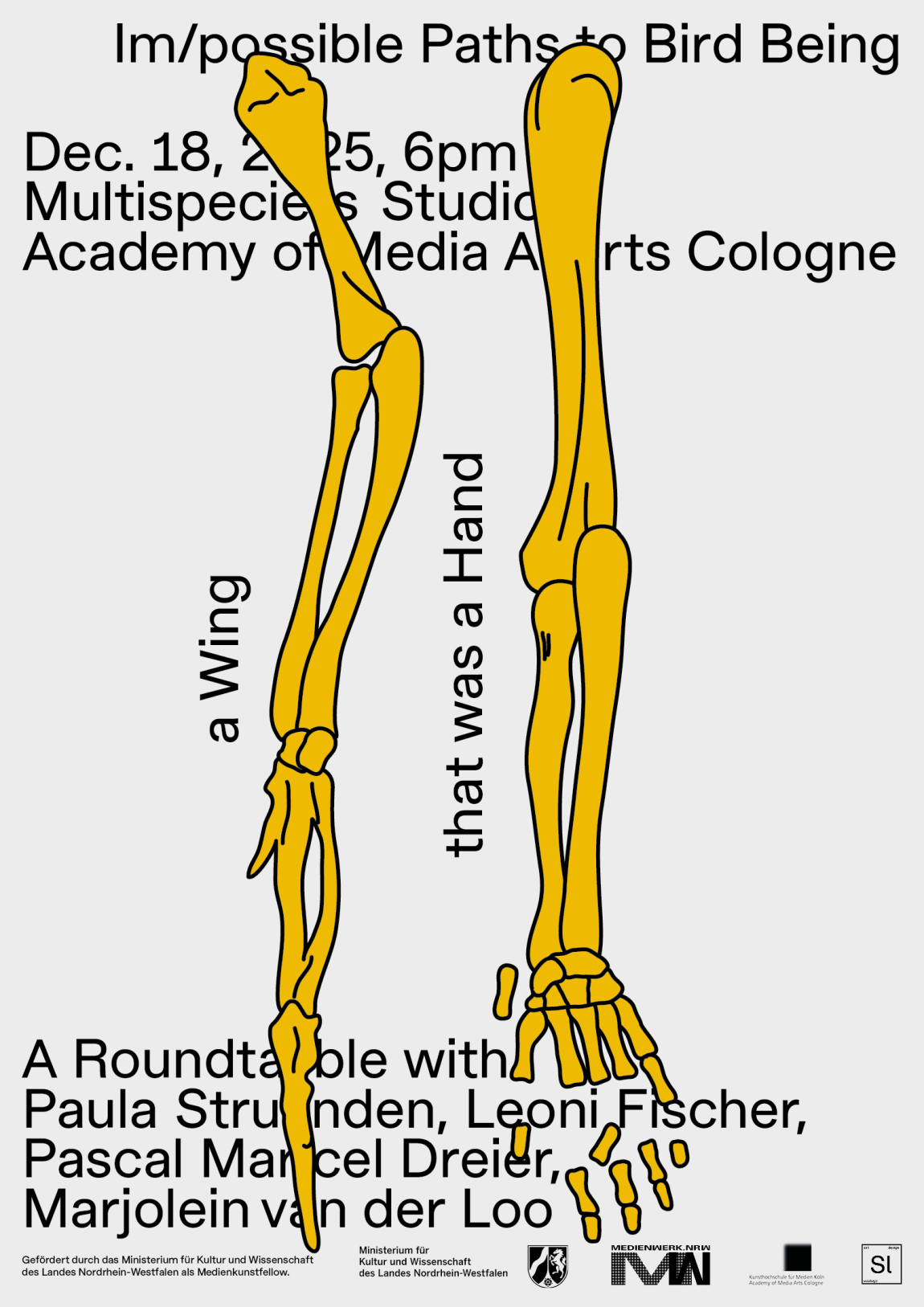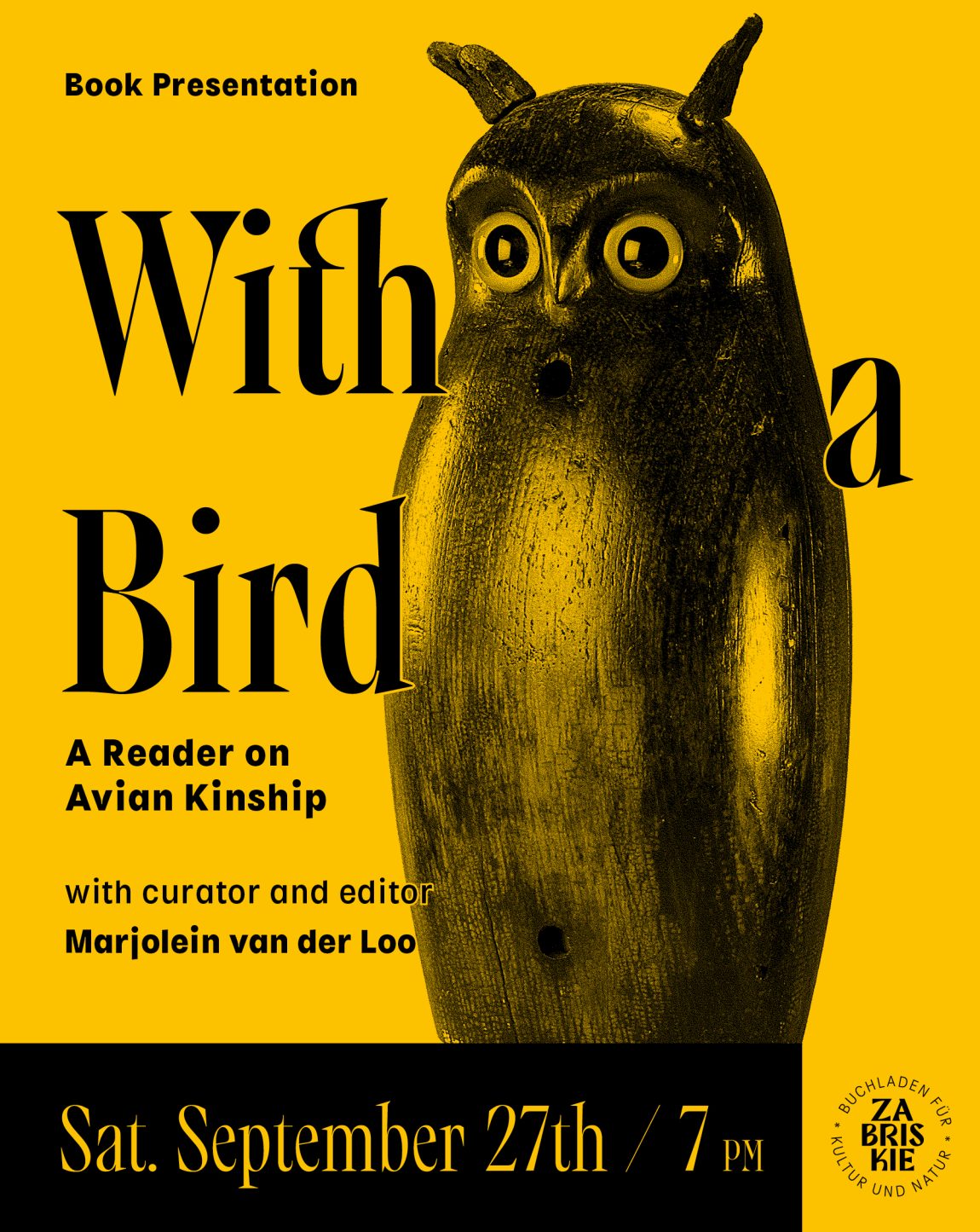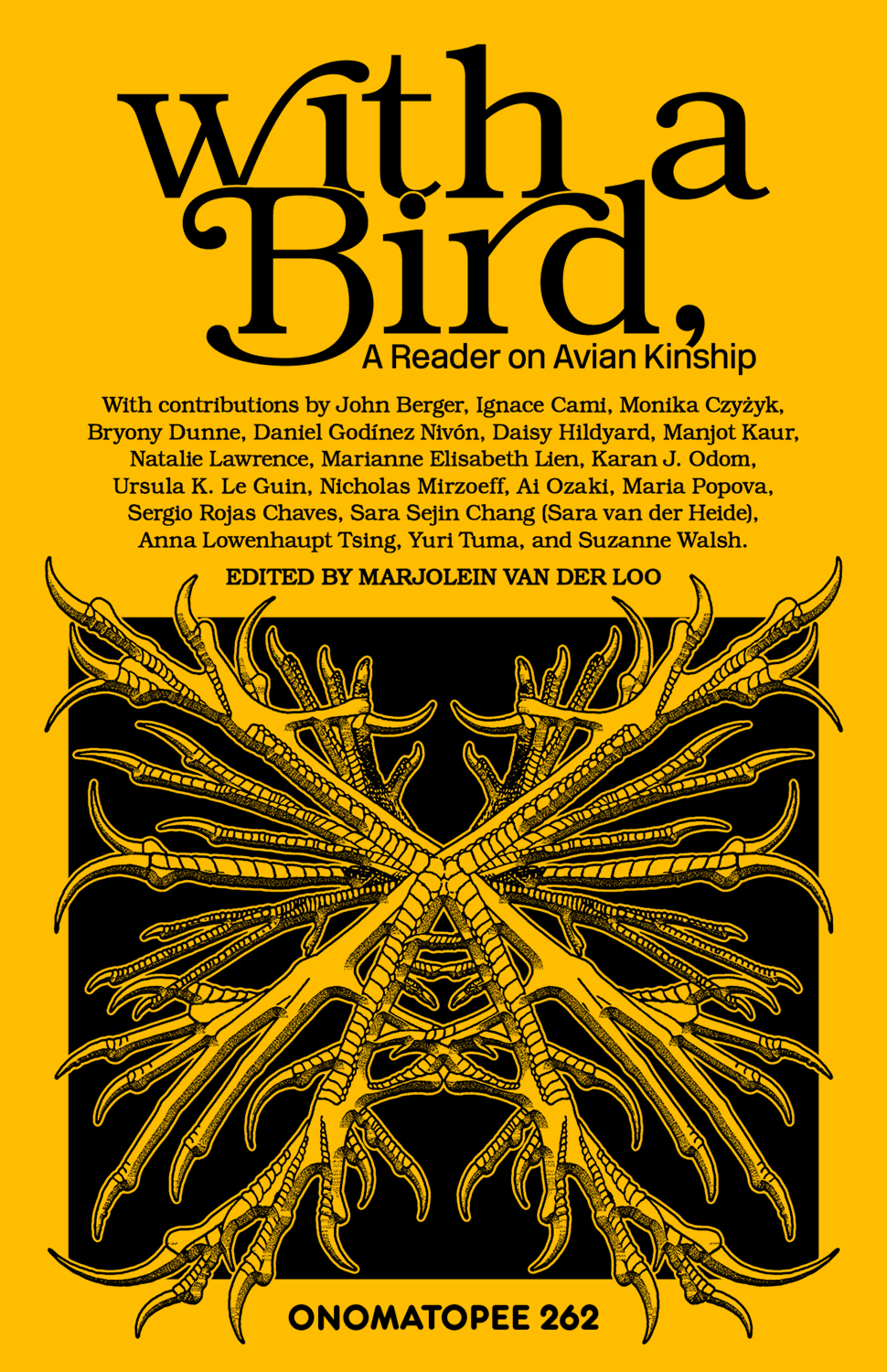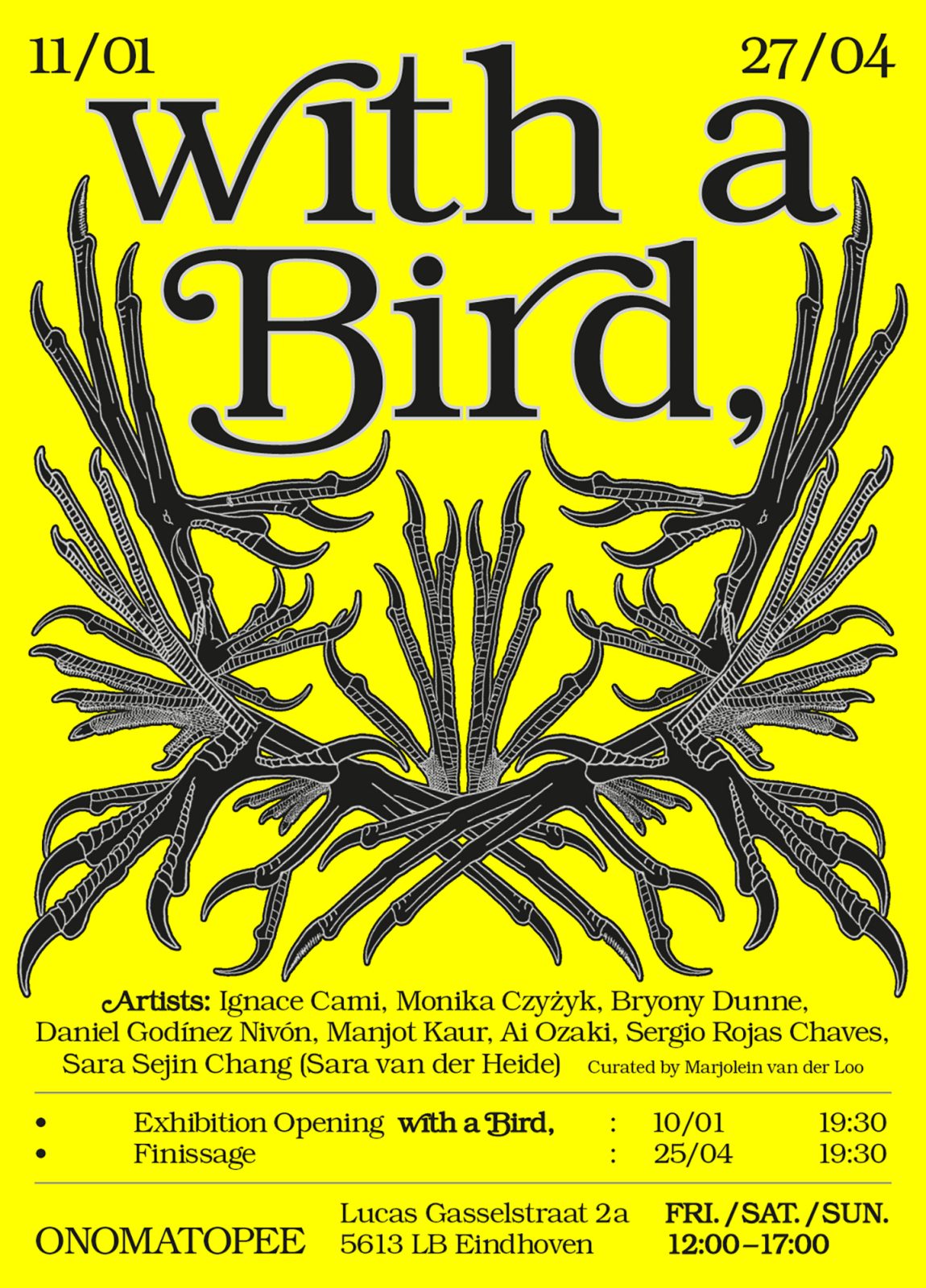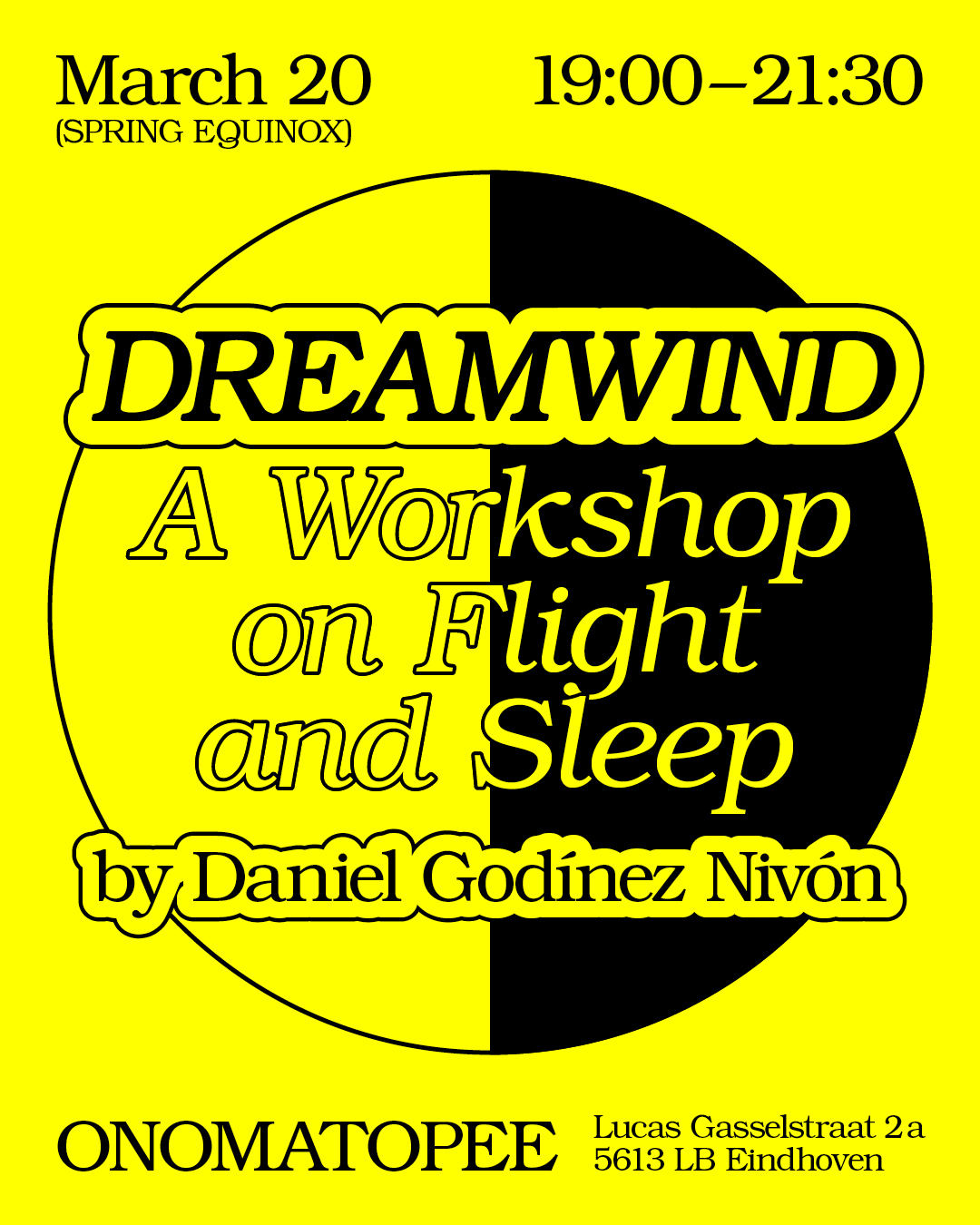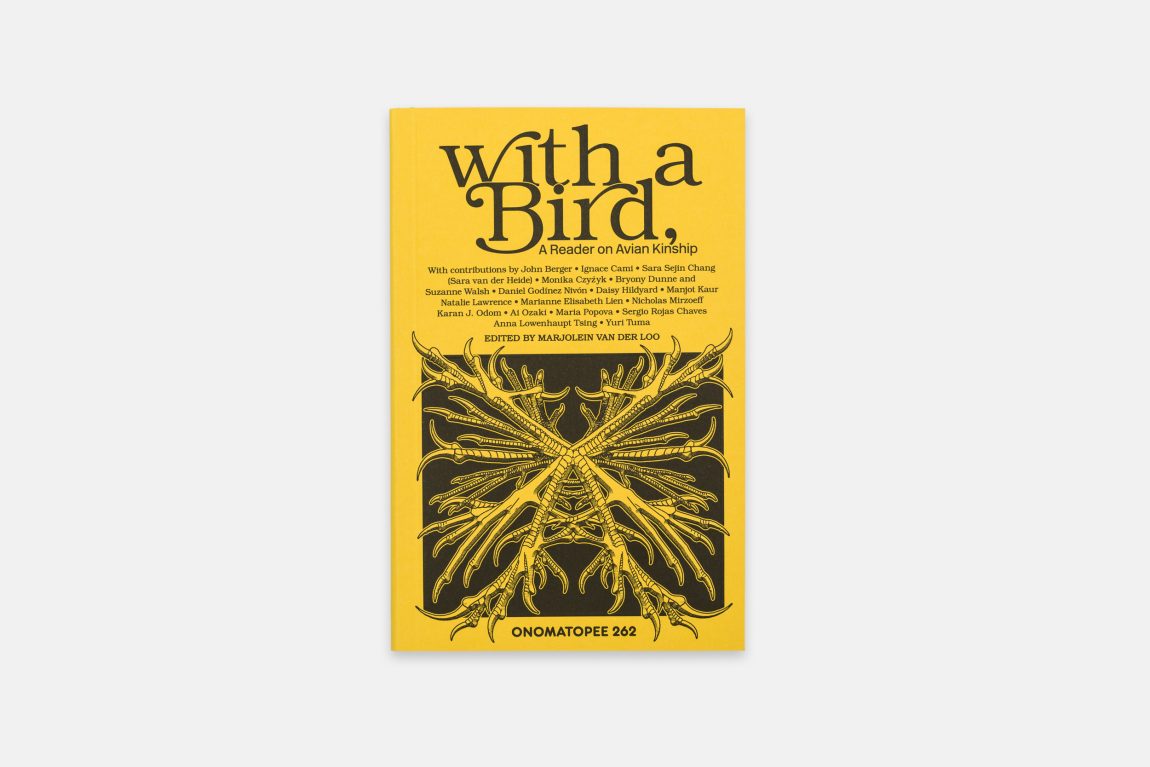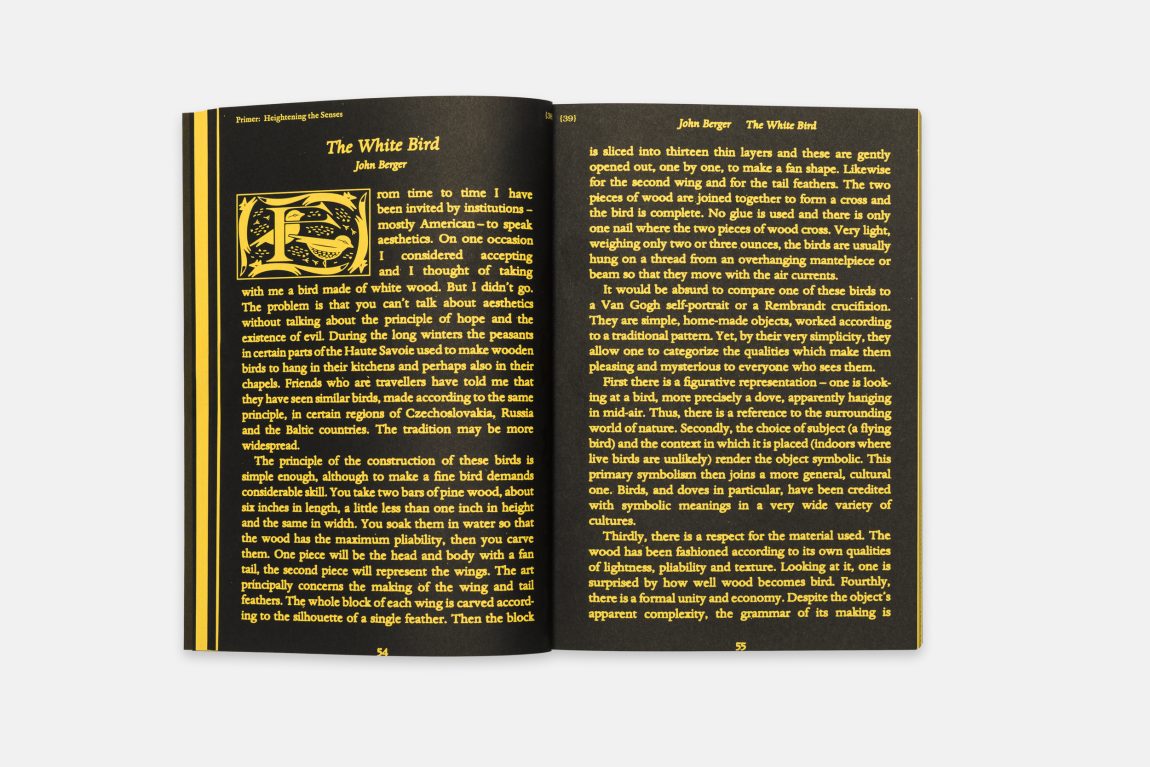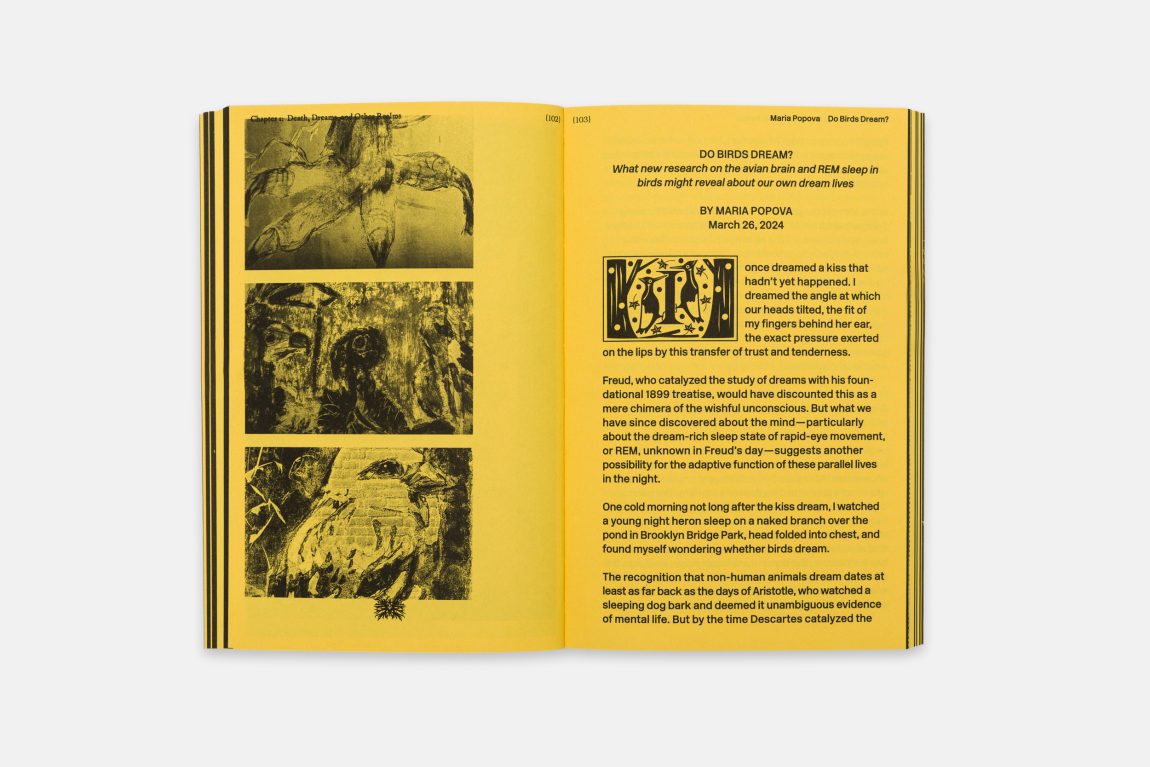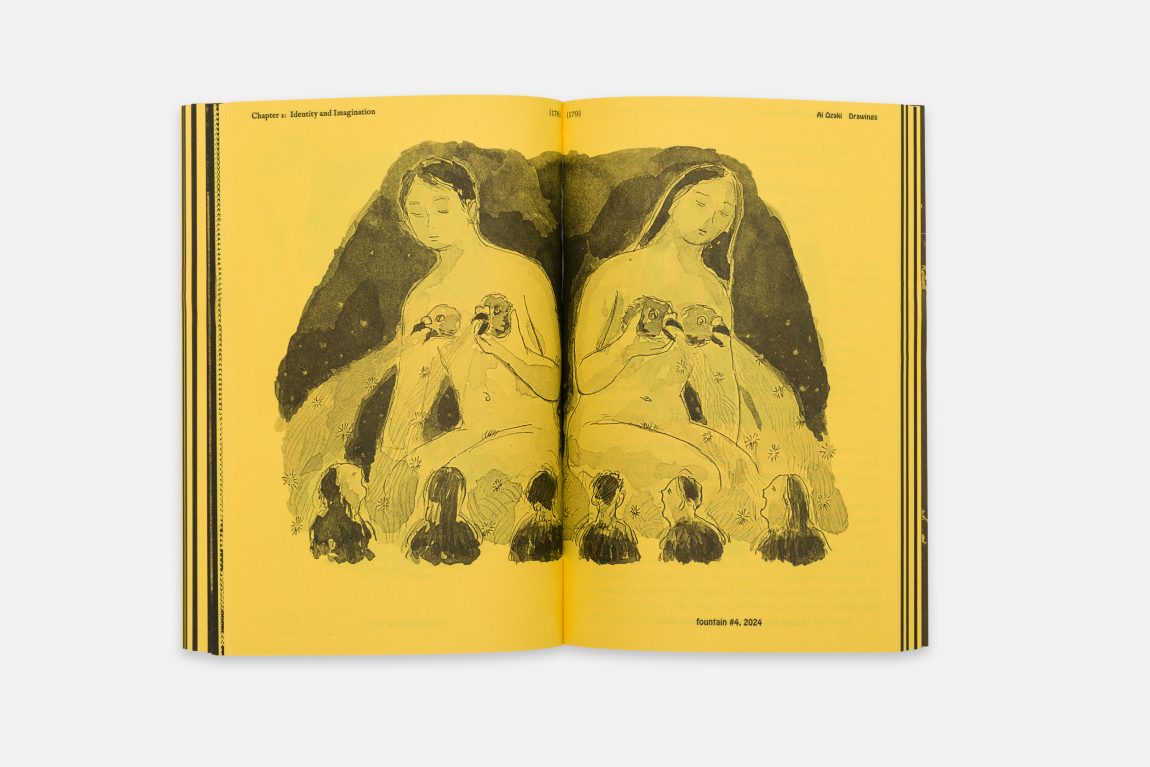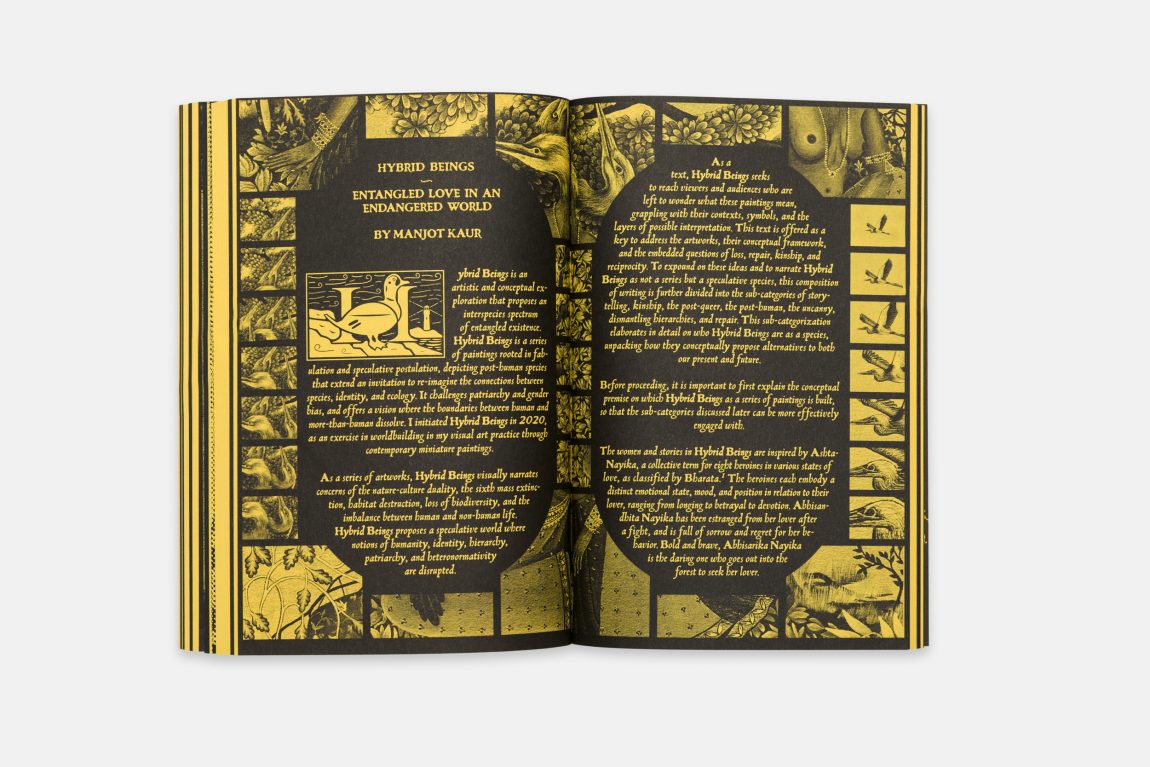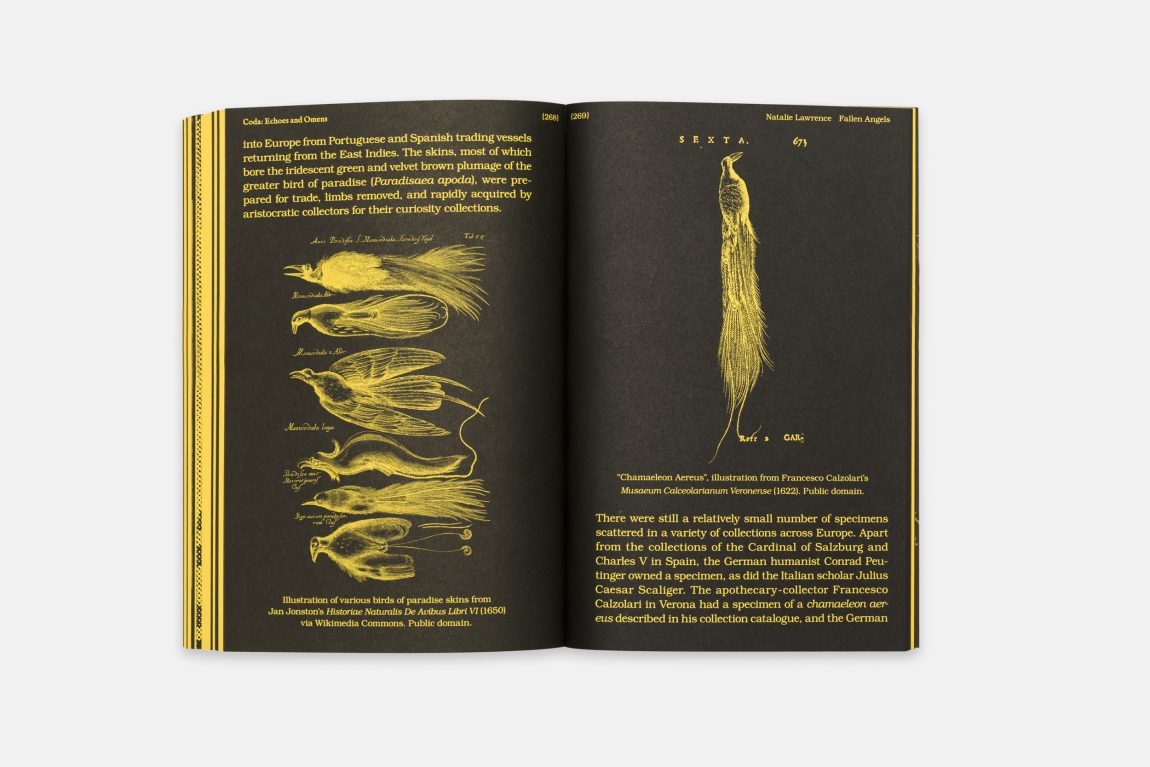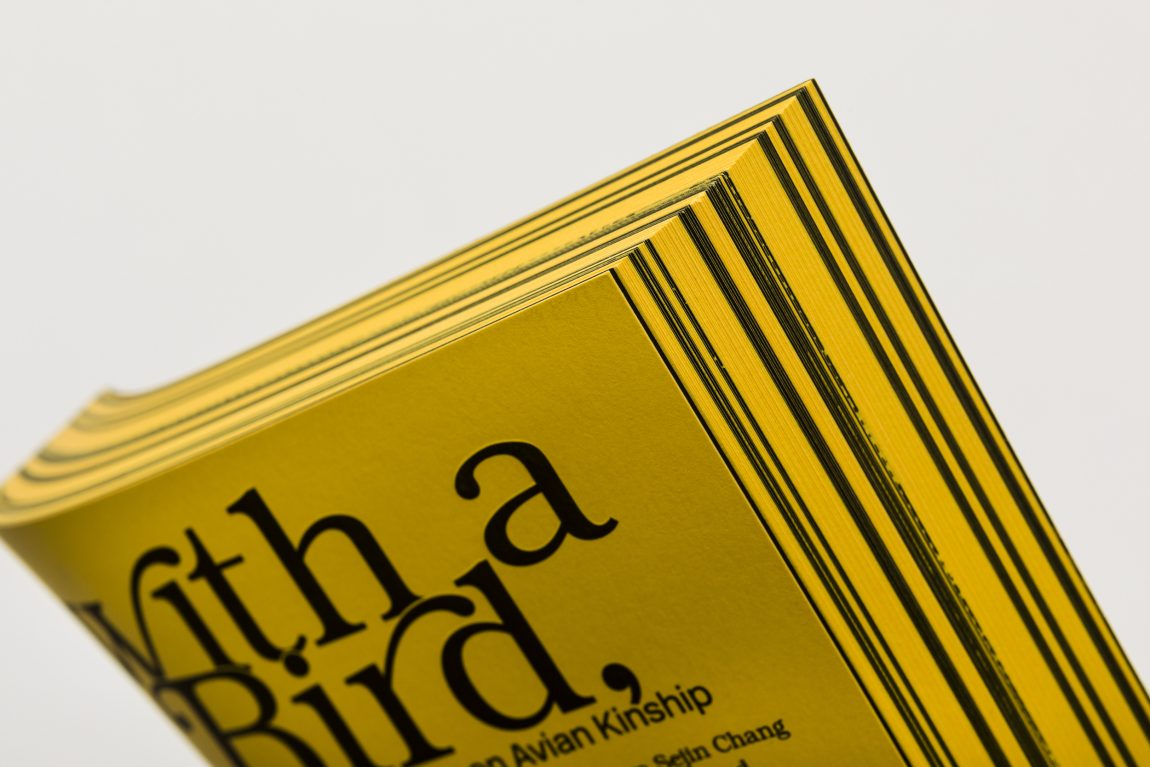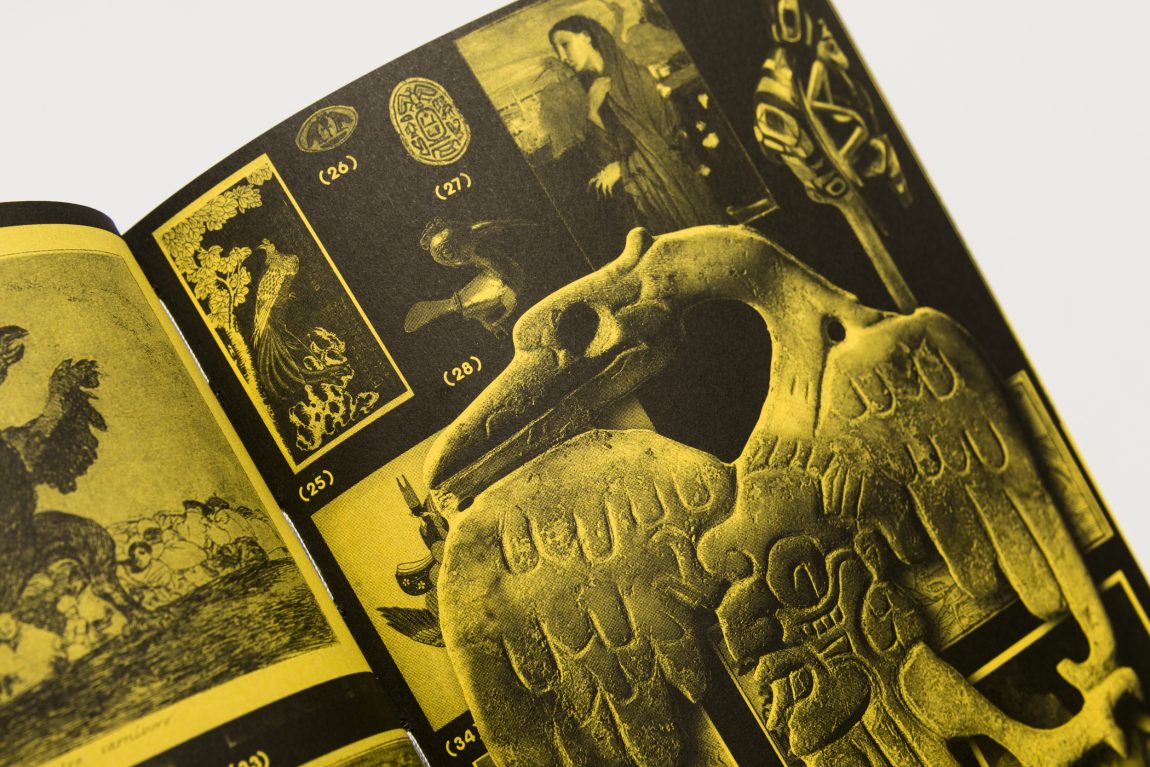Until two hundred years ago, scientists in Europe widely believed that birds spent the Autumn and Winter months on the moon, living underwater, dwelling in swamps, or hiding in holes and crevices. These imaginative theories were considered common knowledge until a remarkable discovery shattered them. In Germany, a stork was shot down mid-flight, which appeared to have a long arrow already fast in their neck. The arrow was traced back to Central Africa, revealing that the bird had traveled over 6,000 kilometers while surviving the injury. This incident revolutionized our understanding of avian behavior and migration.
Many migratory birds—including the black-tailed godwit (grutto), Northern lapwing (kieviet), common nightingale (nachtegaal), willow warbler (fitis), Eurasian chaffinch (vink), barn swallow (boerenzwaluw), Eurasian skylark (veldleeuwerik), and song thrush (zanglijster)—enliven gardens, fields, forests, wetlands, and coastlines with their songs during Spring and Summer. However, these same birds escape to warmer climates during Winter, a season when cold and wet conditions demand extra energy to stay warm, while food becomes scarce.
For humans, Winter has historically been a time of introspection. With shorter days and less sunlight, people often sleep more, retreat into their homes, and conserve energy for essential tasks. This season has traditionally been devoted to reflection, storytelling, and imagination. Birds have long captured human fascination with their ability to fly, navigate vast distances, and produce melodious songs. They play a significant role in our cultural and spiritual imaginations, inspiring myths, folktales, and scientific curiosity. The desire to emulate birds—whether through airplanes, navigation systems, or musical instruments—has profoundly shaped technological advancements and philosophical ideas. Birds continually challenge and expand our understanding of the world, defying the boundaries and categories we construct.
With a bird, showcases projects, objects, and investigations where artists explore our relationships with birds. These works delve into how we seek to understand, emulate, and connect with birds while examining how they transcend categories such as human and non-human, science and folklore, life and death, reality and dreams, and the realms of land, water, and sky. With a bird, supports resident city birds like sparrows, black crows, blackbirds, magpies, and tits with supplementary foods and invites humans to dream, imagine, speculate, observe, converse, listen, read, feed, reminisce, and reflect.
With works by:
Daniel Godínez Nivón, Ignace Cami, Bryony Dunne, Ai Ozaki, Sergio Rojas Chaves, Monika Czyżyk, Manjot Kaur and Sara Sejin Chang (Sara van der Heide).
Visuals by:
Studio Yannick Nuss
Photos by:
Nick Bookelaar
Curated by:
Marjolein van der Loo
Program line
With a Bird, is the second iteration of a five-year program, following up a rich encounter of folklore and critical research titled A Tree, with a Bird, by a Woman, on Land, Under a Star, each curated by Marjolein van der Loo.
Public program with a Bird,
General opening hours
January 11, 2025 – April 27, 2025
Every Friday, Saturday and Sunday* between 12-5 PM
At Onomatopee
* Closed during public holidays on Easter Sunday, April 20, and Kingsday, April 26.
Exhibition opening
Friday, January 10, 2025
19:30–22:00 (doors open 19:00)
Free entrance + free drink
At Onomatopee
Thursday 20 March
Exhibition Finissage
Friday, April 25, 2025
19:30–22:00 (doors open 19:00)
Free entrance + free drink
At Onomatopee
'with a Bird,' is generously supported by Mondriaan Fund and Cultuur Eindhoven.



